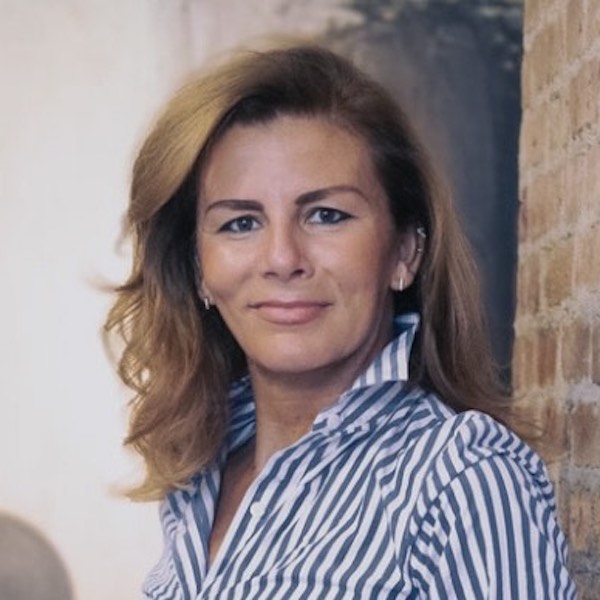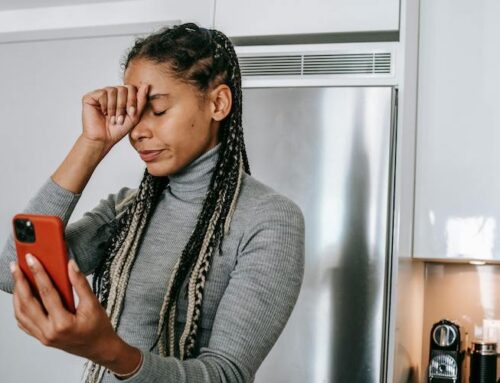Jo Bainbridge, MA, is dedicated to delivering highly individualized and empathetic support in her coaching practice, meeting clients where they are. We spoke with Jo about the variety of ways she works with her clients to help them get on and stay on a path of recovery.
RCNY: Thanks so much for taking the time to talk today. Tell us about your practice – what’s your coaching approach?
JB: I like to meet people where they’re at then take it from there. That might sound overly simplistic, but you have to start with how people are and not where you want them to be. And really, I remember as a person in my own recovery I really started to thrive and trust when people didn’t expect me to be anything different from how I was.
So then what I like to do is look at what does the client want to work on, where would they like to be. And then sometimes there might be resistance with sharing that or identifying that in which case I meet that resistance. I hear it and recognize it as a defense. Nobody really wants to get well until things get really bad. So I say OK, you may not be ready to identify so what’s the plan for today? Although I may have a plan sketched out for the session, if or when the client is resistant to that I turn to the client and ask them what they want to do.
I use their resistance as a therapeutic opportunity and a point of connection, healing and information and stay in the moment. It’s like when people have to follow dance steps in a theatrical situation. They have to be in the moment, in the flow of the now. That way nothing can throw you off the beam.
Something else that needs to be established is what is the relationship they expect to have with me. A lot of the time our clients haven’t elected to have a coach or companion themselves, it might be a concerned loved one who brings us together. And so I always say to them that this is a co-creative relationship, I’m not didactic, you bring a lot to the table here. This is to remind the client that they’re not an empty vessel.
RCNY: That’s got to be quite a relief for them.
JB: Yes, And here’s a newsflash: as much as they have an inner voice telling them that they’re broken, they’re not. They’re trying to cope, and trying in maladaptive ways to make sense of things that are senseless like pain, trauma or health issues. So I would say I bring a lot of compassion, and for a lot of people compassion is a foreign language and threatening. I let them know that if they want tough love they’re in the wrong place. Sometimes they’ll ask me “What would you do if I told you I drank?” And I tell them first of all I would thank you for being honest with me, then I would ask you how you feel, and then we would take it from there.
RCNY: When a client is struggling, having trouble finding their place, do you explore different recovery methods with them?
JB: Absolutely. There’s lots of different ways to get and stay sober which can include a meditation practice, or we can look at a yoga retreat to start off with. I don’t do sobriety-lite. I’m doing sobriety in terms of life or death, which it is. As a woman in recovery sometimes I use disclosure. I tell them I don’t know about you but my true, true bottom is death. That means there needs to be literally no more breath in this body in order for me to never have another self-destructive thought.
RCNY: That’s a very powerful thing to share and must open up a lot of discussion. Where do you and your client go from there?
JB: I would talk to them about SMART Recovery, and then I would talk to them about what has harm reduction ever looked like for them, have they ever tried it, has it ever worked? Again, you know, in my experience, it can be an easier way for a few. They’re usually the unicorns, but it can work.
The reason I talk about alternatives to AA is to see how effective other ways can be, what can work, what can’t work. So we talk about that, and we might go to a SMART meeting, we might go to yoga, meditation, take a hike. We see what else can be brought in, what else in life can be done because it gives them a choice, a full toolbox for them to work from. It’s not a matter of preferring one over another, it’s finding what’s going to best support the client.
And I would suggest we go to around 6 AA meetings, see how that feels. Then also let’s try out different fellowships as well, because in my humble experience none of us is just an alcoholic. That gives them an opportunity to explore more around the cause of their misuse. So we might try AL-Alon, SL-AA [Sex & Love Addicts Anonymous], OA [Overeaters Anonymous], CoDA [Codependents Anonymous], any of those fellowships is going to illuminate what’s driving the plane.
Having a therapist background, one thing I found interesting that I hear from both women and men is for every situation that you’re in when you’re in recovery is to disregard anything that rubs you the wrong way and embrace everything that feels right to you. It’s that old 12-step truism, embrace what resonates with you.
RCNY: Do you recommend sobriety apps to your clients?
JB: Sometimes meditation apps. Or sobriety time tracking apps can be great, my younger clients especially like them. I like to give clients a chance to hang up their phone. But whatever works and doesn’t hurt yourself or others, bring it. You can never have too many tools.
RCNY: Right you are about that! What might surprise people about your coaching?
JB: How willing I am to admit about areas where I could have done better where there was an information gap. Or if I have an information gap I’ll admit it and take steps to fill it. I’ll admit I don’t have all the answers. And I’m unshockable – nothing shocks me, bring on the darkest stuff and we’ll bring it to light.
RCNY: What’s your superpower?
JB: Empathy. I love animals, I love humans. Any kind of human suffering I’m there for it and if there’s anything I can do as an instrument to relieve that suffering, that’s such a gift to me. Talk about win-win. Someone gets to be relieved of a thought or behavior that’s torturing them and I get the pleasure of helping relieve them of it. It’s really the ultimate of paying it forward, empathy. The ultimate gift that keeps giving back.
RCNY: That’s terrific, and it’s been terrific talking with you!
If you would like more information about Jo or any of our coaches, you can reach out to Cindy Feinberg, President of The Recovery Coach NY:
Phone or text: 631-921-4085
Email: recoverycoachcindy@gmail.com
Through her website: www.therecoverycoachny.com






Leave A Comment